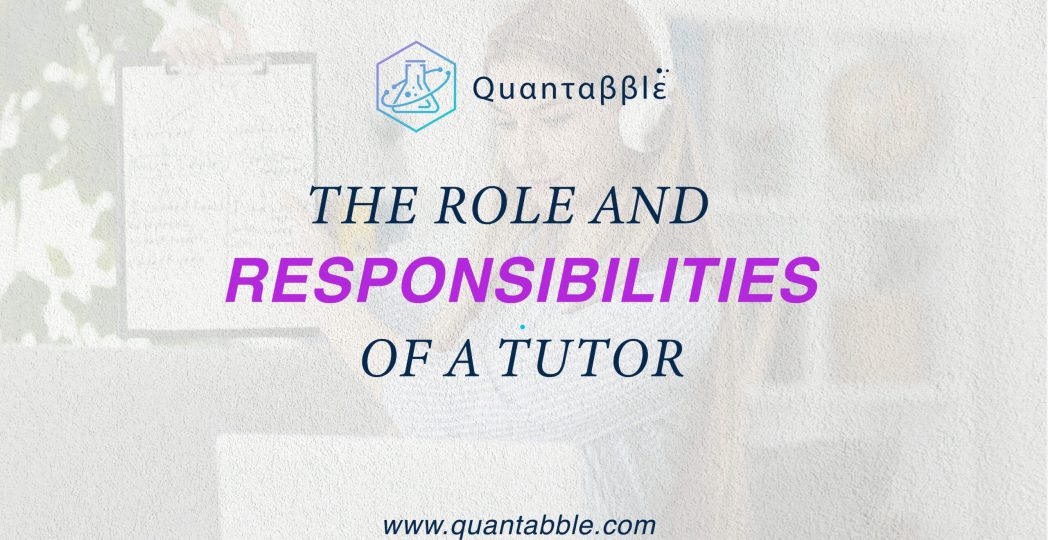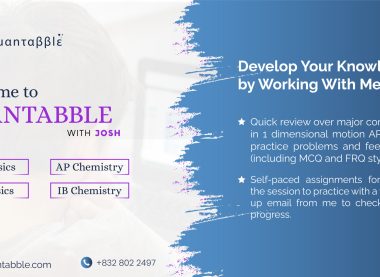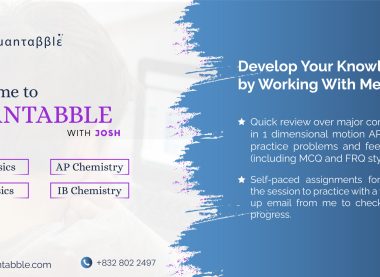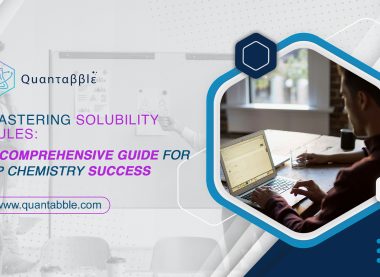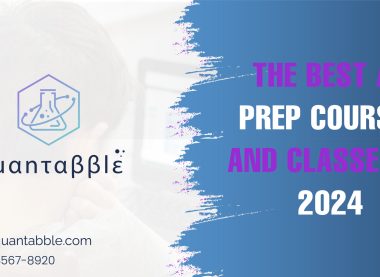The Role and Responsibilities of a Tutor
A tutor plays a crucial role in guiding and facilitating a student’s academic progress. Primarily, tutors provide personalized instruction to help students understand and master specific subjects or topics. They clarify concepts, offer additional explanations, and tailor teaching methods to accommodate individual learning styles. Tutors also assist with homework, assignments, and exam preparation, offering valuable insights and strategies. Beyond academic support, tutors act as mentors, fostering a positive learning environment and instilling confidence in their students. They identify areas of weakness, develop targeted improvement plans, and track progress over time. The ultimate goal of a tutor is to empower students to become independent learners, equipped with the skills and knowledge needed for academic success. Whether in-person or online, tutors serve as educational allies, guiding students toward achieving their academic goals.

What does a tutor do?
The answer to the question “What does a tutor do?” is to give academic aid to pupils by educating them individually or in groups. A tutor’s sessions often focus on a certain academic area or field. Tutors have the following work responsibilities:
1. Helping Students Set and Achieve Academic Goals:
Work with students to identify specific objectives (e.g., improving grades in mathematics) and develop tailored study plans.
2. Creating Effective Teaching Strategies:
Use visual aids like diagrams and videos for visual learners, especially in subjects like biology, to explain complex concepts.
3. Providing Solutions and Feedback for Academic Challenges:
Offer step-by-step problem-solving sessions in difficult subjects such as physics, along with immediate constructive feedback.
4. Encouraging Participation in Educational Activities:
Organize interactive learning sessions that align with students’ interests, like using sports statistics to explain mathematical concepts.
5. Creating and Scoring Practice Exams, and Providing Feedback on Performance:
Prepare mock tests mirroring upcoming exams’ format, review answers with students, and highlight areas for improvement.
What It Takes to Become a Successful Tutor
If you’re interested in becoming a tutor, take these steps to get started:
1. Acquire appropriate educational background
A tutor must have at least a high school diploma. A tutor’s academic qualifications may vary depending on the educational level of the pupils they plan to educate. If you plan to instruct elementary school pupils, a high school diploma may suffice. If you plan to tutor high school or college students, you will need at least an undergraduate degree with a major in the topic you want to teach. There are other instances where postgraduate students instruct undergraduates at their universities.
Becoming a tutor involves a combination of educational qualifications, subject expertise, and effective communication skills. Typically, tutors hold a minimum of a bachelor’s degree in the subject they intend to teach, showcasing their academic proficiency. Additionally, practical experience, such as classroom teaching or real-world application of the subject matter, enhances their credibility. Tutors often pursue further education, such as a teaching certification or advanced degrees, to deepen their knowledge and refine their instructional techniques.
Moreover, strong interpersonal and communication skills are essential. Tutors must effectively convey complex concepts, adapt their teaching style to different learning preferences, and provide constructive feedback. Building a positive and supportive rapport with students is key to successful tutoring. Overall, a commitment to ongoing professional development, a passion for education, and the ability to connect with learners are fundamental attributes for those aspiring to become effective tutors.
2. An age group or subject level
To begin your tutoring profession, you must first decide the grade level of pupils you will instruct. Your qualifications, talents, and degree of interest can all affect your choice. If you like dealing with children and can educate in a fun and creative manner, you can consider tutoring elementary school pupils. Alternatively, depending on your qualifications, you might instruct high school or undergraduate students.
3. Choose a subject or category:
You are more likely to succeed coaching pupils in subjects in which you are knowledgeable and proficient. Primary school pupils might be taught courses in which you have the appropriate abilities and expertise. When considering tutoring high school or college students, evaluate your academic background and teaching capabilities. Focus on subjects directly related to your degree or certification to ensure you provide expert knowledge and effective instruction.
4. Increase your understanding about your chosen subject:
Regardless of your level of certification, it might be beneficial to get a thorough understanding of the subject you choose to teach. You may enhance your understanding of the subject by reading widely and conducting further research or you can take additional courses to guarantee you can teach it successfully. You should also learn how to build a good lesson plan for the subject, as well as familiarize yourself with the curriculum and methods of effectively communicating the subject’s information to your pupils.
5. Earn Credentials
You may also consider joining a tutoring organization to assist you market your services. These organizations provide members with qualifications that might improve their employment. The Learning Specialists Association of Canada (LSAC), which works to assist students accomplish their educational goals while also developing higher Canadian tutor standards, and the College Reading and Learning Association (CRLA) are two well-known tutoring organizations.
6. Select a work design.
According to your preferences and goals, you can work individually as a private tutor or through a tutoring service. Private tutors can earn more money and have fewer pupils than agency employees, and credentials may not be required to get work. Training for an agency, on the other hand, puts you in frequent contact with new students and may give better job stability.
Essential Skills for an Effective Tutor
Tutoring is a dynamic and rewarding profession that demands a diverse skill set. A successful tutor not only possesses a deep understanding of the subject matter but also demonstrates excellent interpersonal, communication, and adaptability skills. In this comprehensive guide, we’ll explore the essential skills that contribute to the effectiveness of a tutor, helping them guide students toward academic success.
-
In-Depth Subject Knowledge:
The cornerstone of effective tutoring is a profound understanding of the subject matter. Tutors must be experts in the topics they teach, possessing the ability to explain complex concepts with clarity.
-
Specialization:
Specializing in a particular area within a subject allows tutors to offer targeted assistance. Whether it’s advanced mathematics, literature, or a specific branch of science, specialization enhances a tutor’s ability to cater to unique student needs.
-
Effective Communication:
Clear and concise communication is fundamental. Tutors must articulate ideas in a way that resonates with students, fostering a deep understanding of the material.
-
Active Listening:
The ability to actively listen to students’ concerns, questions, and feedback is vital. Understanding a student’s learning style and adapting teaching methods accordingly is facilitated through attentive listening.
-
Clarity in Explanation:
The ability to explain complex concepts in a simple and accessible manner is crucial. Tutors should break down information into digestible parts, ensuring students grasp the fundamentals before moving to more advanced topics.
-
Use of Analogies and Examples:
Analogies and real-world examples make abstract concepts more relatable. Tutors should employ diverse teaching tools to enhance understanding and make learning enjoyable.
-
Efficient Lesson Planning:
Well-structured lesson plans help tutors cover essential topics within the allotted time. This requires a balance between reviewing previous material, introducing new concepts, and allowing time for student questions.
-
Time Flexibility:
Being flexible with time is essential. Tutors should be willing to spend additional time on challenging topics, revisit previous material as needed, and adjust their schedule to accommodate students’ needs.
-
Digital Literacy:
In today’s tech-driven world, tutors should be proficient in using digital tools and online platforms. Virtual whiteboards, interactive simulations, and collaborative online spaces enhance the tutoring experience.
-
Online Tutoring Skills:
For tutors engaging in online tutoring, skills such as screen sharing, effective use of video conferencing tools, and troubleshooting technical issues are invaluable.
-
Constructive Feedback:
Providing feedback that highlights areas of improvement while acknowledging achievements is essential.Tutors should offer actionable suggestions for enhancement.

